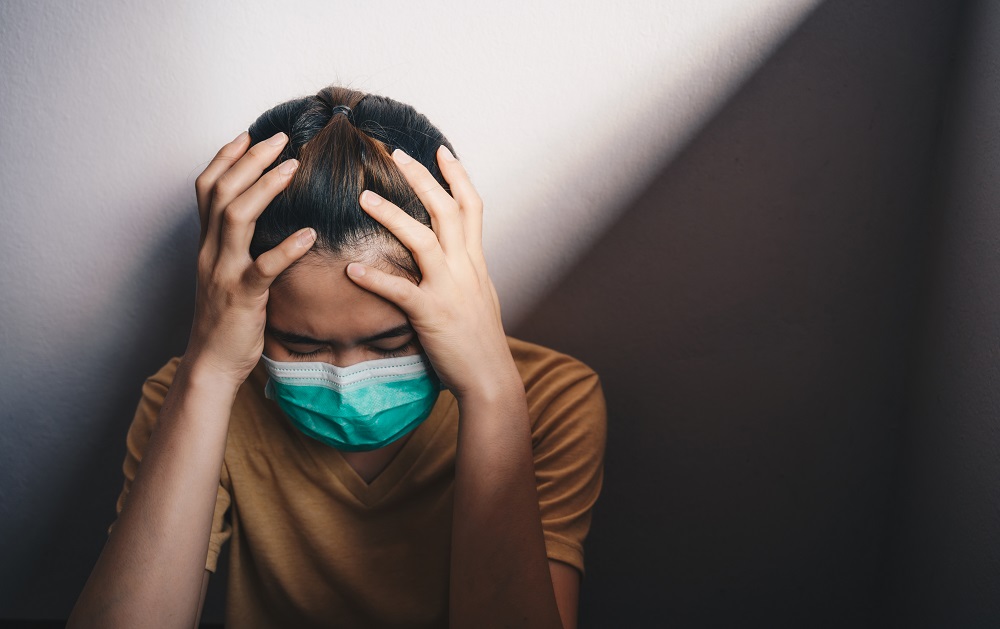
“After all this, we’ll enjoy life more” is something that crossed our minds at least once since the beginning of the COVID-19 pandemic. And here we are: The world is slowly coming back to normal, restaurants, theatres and clubs are opening and we can finally meet our friends. Yet many people are not ready for that, regardless of how much they used to crave socializing during lockdown.
The virus has affected our mental health even if we didn’t get infected with it. The constant worry, anxiety and isolation can have long-term effects on our mind and body. We might find hard to say goodbye to working from home, or we might feel pressured to make plans because we must get back to normal.
The concept of normality doesn’t have the same meaning as it used to before the pandemic and getting back to living a social and dynamic life it’s a process, not a given.
For the last year and a half we’ve been through major changes, four different phases which impacted our mental health differently.
“I’ll finally have time for myself”
The first phase of the pandemic was definitely sugar-coated by most of us. We couldn’t even think about the possibility of a global spread of the virus, not to mention we weren’t even informed about its effects. We would compare it to the seasonal flu or common cold which “eventually passes anyway”
The continuous tiredness, lack of time for ourselves and rush of adrenaline we were being exposed to everyday transformed the first weeks of lockdown into a well-deserved break.
Google search: “How long does a pandemic last?”
Uncertainty and anxiety are definitely key-words for the second phase of the pandemic. Things started to feel serious, cases began to rise, we started seeing celebrities or acquaintances who were being infected. This led to over-consumption of mass-media. We were constantly looking for information which could eventually make us feel better.
People started to feel worried about their jobs, their health, their loved ones and many indulged in damaging habits like binge-eating or drinking. This is when everyone started to look for fun activities to practice at home in order to escape reality and make time pass faster.
Hand sanitizer and mask check
The end of lockdown meant finally getting out of the house, but that definitely came with a cost. Staying isolated from loved ones while living with constant fear and anxiety definitely showed its effects when we started to have more freedom and we would inevitably meet other people.
The mask and the hand sanitizer were indispensable and going back to work and staying in the same room with teammates seemed like a life or death experience. This led to over-thinking decisions, missing opportunities because of fear and then regretting missing them.
“Why are there so many people?”
The developing of the vaccines and achieving the herd immunity means we’re getting into the recovery phase. This is the time when we realize how much the pandemic affected our mental health. Even if you didn’t suffer the loss of a dear one or a major financial change, dealing with social anxiety and overall stress is common. It might feel uncomfortable to be in crowded places or to leave your sanitary mask at home on purpose.
Having concerns and intrusive thoughts is not easy but it’s not unusual either. The most important step is to be patient. Healing from COVID-19 is not only a physical process.
Also of interest: What Really Happens to Our Bodies After Getting a COVID-19 Vaccine?

























